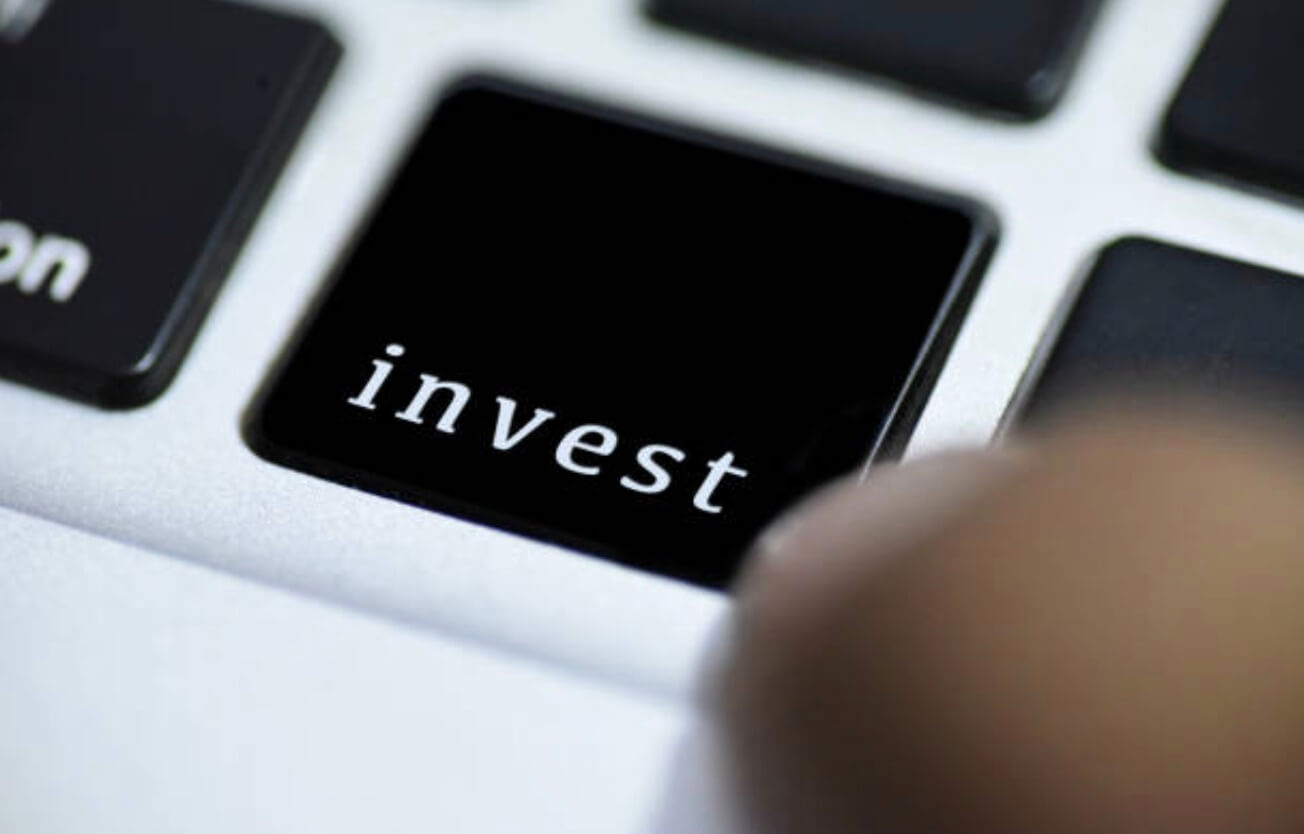What comes to mind when most people think of Venture Capital (VC) firms? A lot of the time, it is the institutional approval and support that a company receives when it wants to expand to the next level. When it is announced that a company has received VC support and funding, it is indicative that they have achieved a certain level of success and are on their way to becoming the next big company in their field.
But what field exactly? The traditional VC model that was practiced for decades involved companies of practically every niche applying to a VC firm for funding and support and receiving it if successful. However, this model has since evolved beyond a ‘one agency for every niche’ system.
VC Firms Become Specific
On the surface, one might not see the issue with the initial system for VC firms. The firms were able to get the support they needed to break into new markets and the VC firms themselves would be able to profit through their stake in the business if it became successful in the market.
The issue with this is that businesses require more than just money to succeed but have specific requirements depending on their needs. For example, a tech startup will have different needs than a beauty startup. The latter will need funding and product development just like the former but will also need market penetration needs for certain demographics that a tech firm will not.
Keep in mind that VC firms have, over time, expanded beyond just giving money to firms. They also offer mentorship, product development, marketing support, and access to their network. This has had the benefit that small firms are able to begin their journey with greater support from people with more experience than their founders.
Along with this came the revelation that the resources at a VC firm’s disposal are not suitable for every company. One VC firm might have connections within the high-tech world but that does not serve many benefits if they are supporting a new beauty startup. Now, VC firms are having to become more specific in their approach.
It is not uncommon for VC firms to specialize in fundraising and support for only fitness startups or lifestyle startups. By doing this, their resources are given only to the companies that they can help succeed the most. Among startups, there is less of a desire to get accepted by just any startup but by one that specializes in your niche. Over time, it might even be strange within the VC sector for a firm to not be specialized in its approach.
SprintVC and Hyperspecialization
While the niche specialization bug has already bitten the VC sector, some companies are embracing innovation and even going a step ahead. Take SprintVC, a VC firm that specifically onboard companies that have underdeveloped IP potential and have need for the company’s resources.
The resources in question are the firm’s network of manufacturers in China that can help in product development. This means that when a firm joins SprintVC’s roster, they will not only get funding but also the chance to fast-track their market entry by having their products developed by teams within their space, making the chances of market success even higher.
‘We have a narrow and clear scope regarding possible candidates even with an established product-market fit, we aim at high-technology companies with complementary needs towards our Lp’s factories and research centers catalyzing so business and technology growth for one another across an array of industries from AI, robotics, biogenetics, IoT and edge computing,” says Mario Medved, an executive at SprintVC.
This is particularly relevant because entrepreneur and startup founders are not being given funds and told to figure themselves out. Instead, they have massive product and market support which means they can avoid the common pitfalls of new companies. SprintVC’s model is also innovative in that it does not only narrow down its potential partners by niche but by needs as well. After all, not every tech company will be compatible with their manufacturers in China.
“With our funds and seasoned partners, who have experience in sourcing, product development, sales, or marketing, we bring new technologies to the “light of the day”. Our main focus is Life Science and Consumer Goods,” he said.
This change that has been seen in the startup sector will likely continue to endure into the next few years. Following in the same vein as SprintVC, more VC firms will likely reserve their services only for companies that have very specific needs, essentially putting an end to the traditional model of mass-funding projects in the hopes of some working out. This finetuning of the industry will mean a higher success rate for businesses and for VC firms as well.

